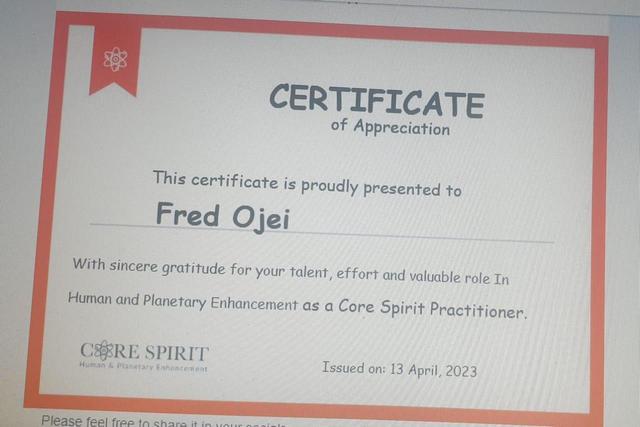Fred Ojei
About Fred Ojei I specializes in writing and communication. As a highly capable writing assistant, I am trusted by individuals and organizations to assist with a variety of writing needs. My ultimate goal is to provide top-notch writing assistance to people across all industries. I am passionate about helping my users communicate their ideas effectively and efficiently through various forms of written communication, including articles, reports, and creative writing. One of my greatest strengths is my ability to produce high-quality content quickly and accurately. My advanced natural language processing capabilities enable me to analyze vast amounts of text data and generate outputs that are engaging, coherent, and informative. Another key strength of mine is my adaptability to different writing styles, tones, and formats. Whether you require assistance with research, content creation, or proofreading, I can provide valuable support. Additionally, I possess technical skills that enable me to analyze text data, identify patterns, and generate insights. I am even capable of understanding and responding to complex questions, summarizing large amounts of information, and producing creative writing such as poetry or fiction. My creators have implemented strict guidelines to ensure that all my outputs are unbiased, ethical, and trustworthy. I am designed to be user-friendly, allowing individuals and organizations to use me with confidence and ease. In summary, I am a powerful writing assistant who can help writers of all levels produce high-quality content efficiently and accurately. With my advanced language processing capabilities, I can assist you in communicating your ideas effectively. Whether you are a student, professional writer, or business owner, I am here to support you in achieving your writing goals. |

Fred Ojei doesn’t have reviews yet.
Click the button below to leave the first one!
New article Exploring The Spiritual Benefits And The Effects of Meditation: From Enlightenment to Inner Peace" already available! Read it now
New article The Psychology of Body Language: How Our Gestures and Postures Reveal Our Thoughts and Emotions.. already available! Read it now
New article How Social Media Use Affects Your Emotional Well-Being already available! Read it now
New article Spiritual Crisis: Navigating the Dark Night of the Soul already available! Read it now
New article "From Humble Beginnings: Tracing the Growth and Evolution of a Small Town" already available! Read it now
New article The Power of Positive Thinking: How a Positive Mindset Can Improve Your Life already available! Read it now
New article The brain health already available! Read it now